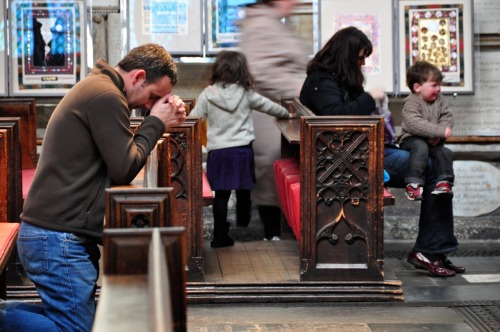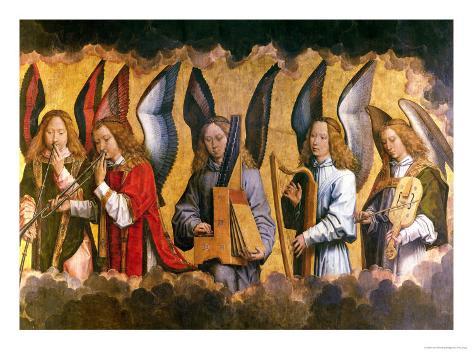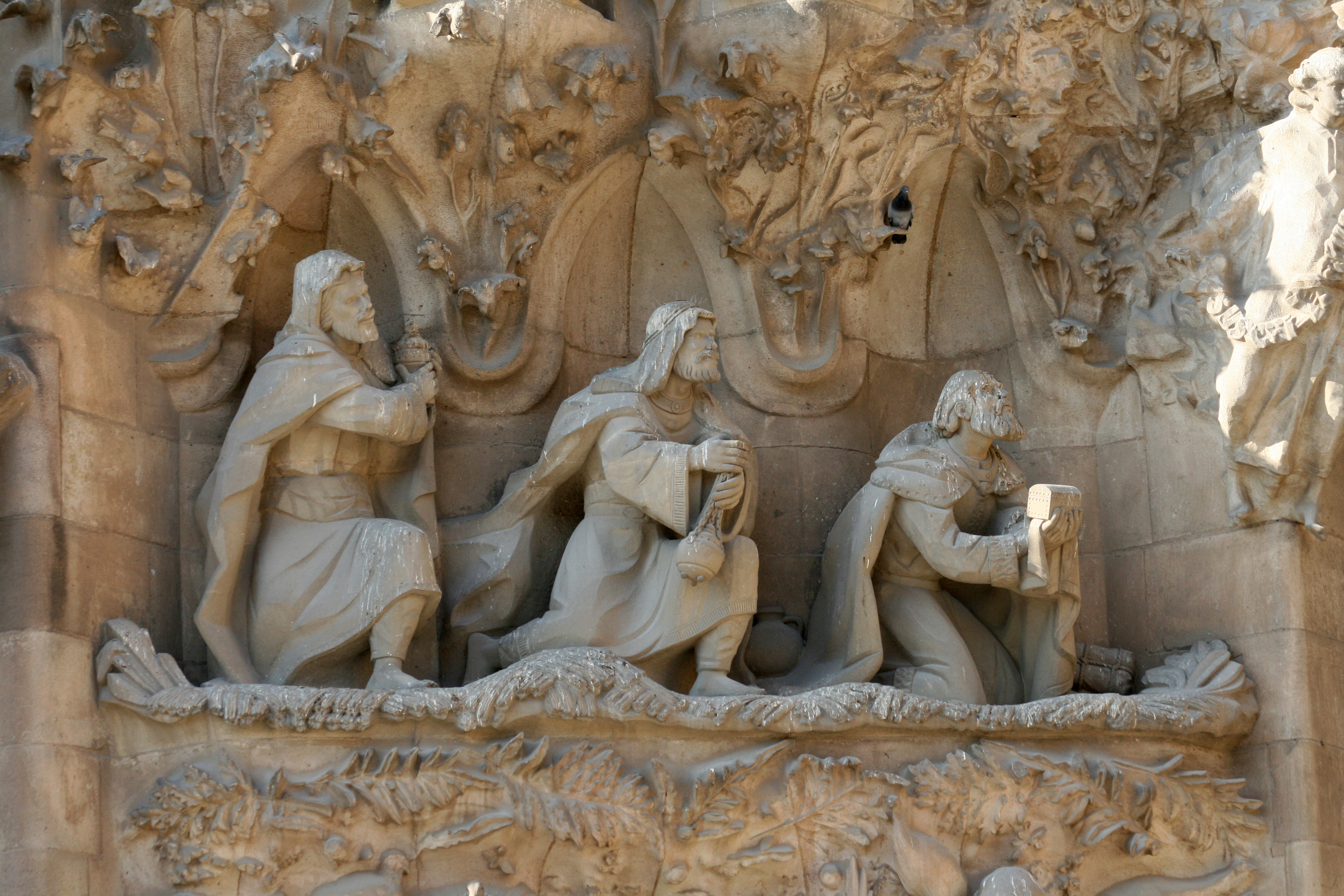During
the summer of last year, Bishop Arthur Serratelli[1]
published an article that I think can be very useful for our parish. The title
is: Proper Church Etiquette: A Public
Witness of Faith. As it is a little long, so it will be presented in two
parts. This is the first one.
•••
«The 15th century Council of Basel drew the comparison between the way we
are expected to behave in the presence of our civil rulers and the way we
should behave in the presence of God. The Council stated, “A person who is
about to make a request to a secular prince takes pains to compose himself and
his words by decent dress, becoming gesture, regulated speech and close
attention of mind. How much more careful ought he to be in all these things
when he is about to pray to almighty God in a sacred place!” Coming into the
presence of God requires a proper etiquette on our part. Yet, we seem to be
less and less aware of this in our day. Today, a very casual attitude pervades
all our social interactions. Proper church etiquette, like all civil behavior,
suffers greatly in our day. The way that we dress for church is casual.
Sometimes more suited for the sports field or beach! Our observance of silence
is casual as well. Not infrequently people chew gum in church, keep their cell
phones on and talk during the liturgy. The way that we behave in the presence
of Jesus in the Blessed Sacrament has changed much in the last two generations.
Genuflecting when coming before the Blessed Sacrament in the tabernacle is
rarely done. At funerals and weddings, as some come to receive Holy Communion,
they stop and chat with others instead of approaching the Lord in prayerful
recollection. In some places, reverence to the Eucharist is withheld when the
mandated rituals of purification of the sacred vessels after Communion are laid
aside for a more casual disposal of the fragments of the Eucharist and the
remains of the Precious Blood. To begin, when we come to church, we are not coming
to just an ordinary building. We are entering a sacred place. Yes, the church
is, first of all, the People of God “made one as the Father, the Son and the
Holy Spirit are one and … the temple of God built with living stones, in which
the Father is worshiped in spirit and in truth”[2]. Nonetheless, the church building is
made holy not simply by the worshiping community, but by the very Presence of
God ■
















